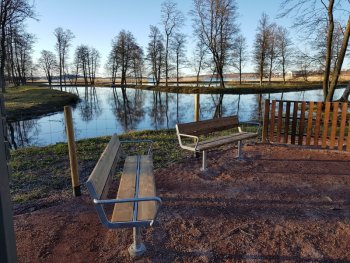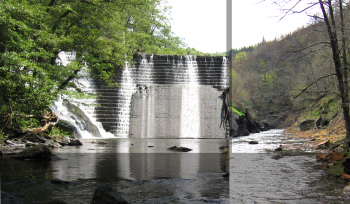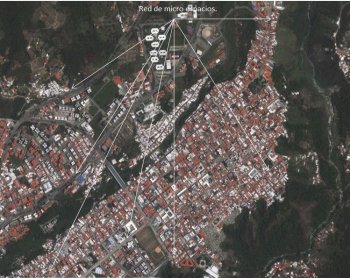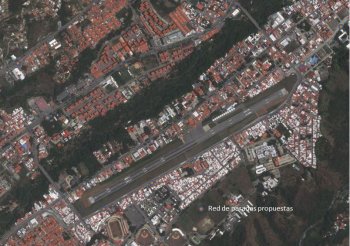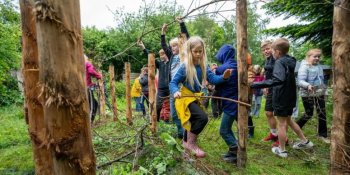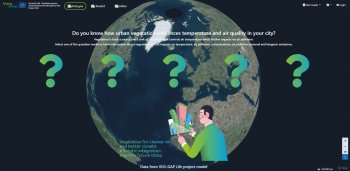The Nabben Multifunctional Wetland in Åland
A newly built multi-functional urban wetland in the Nabben area, Åland, recently won the Nordic Council Environmental Prize 2022 focused on nature-based solutions. The wetland, which was finished in 2019 and lies adjacent to the coast, aims to increase the biodiversity in the area and contribute to the improvement of the water quality of the Baltic Sea by reducing nutrient runoff. Furthermore, it is used as an area for recreation, social cohesion and education for the city residents.
There are several components to the Nabben wetland ecosystem. The first separates the microplastics...

